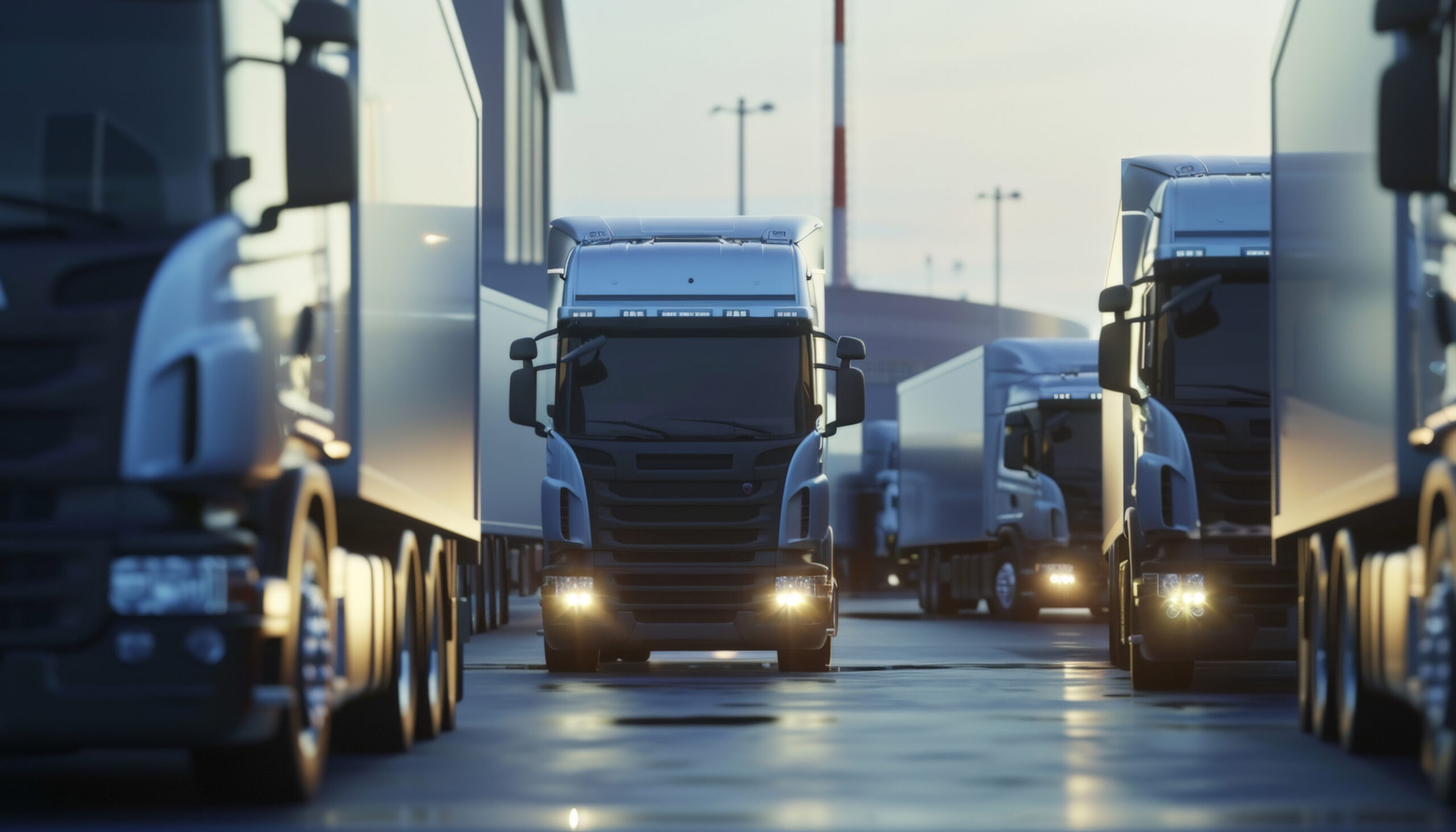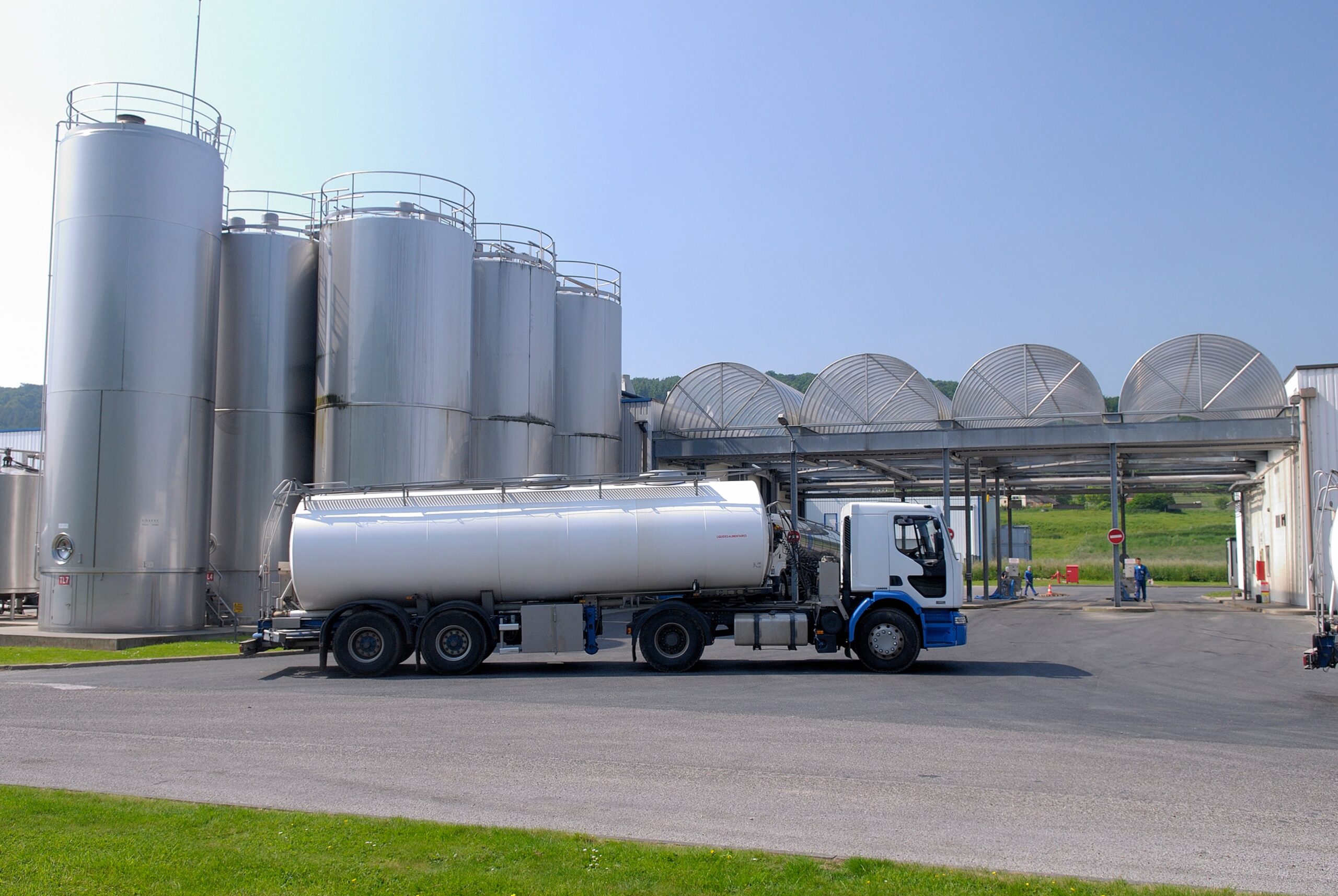The era of Industry 4.0 is well underway, and it has left no aspect of production unchanged. The role of IP cameras, these devices equipped with a unique port number, is central in managing the logistics flow of modern industrial factories.
What is an IP Camera?
An IP camera is a digital device that can transmit and receive data over the Internet or a computer network using a dedicated port number. To access it, specific username and password are required. This valuable tool, which allows managing factory settings and modifying default settings if necessary, offers a range of functionalities that go beyond simple surveillance.
The Role of IP Cameras in the Industrial Context
By integrating IP cameras into a factory, you add a device that goes beyond just capturing images or videos. In fact, once connected to flow management software, they transform into true optimization tools for logistics. Using motion detection and other specific factory parameters, IP cameras can monitor, analyze, and help optimize logistical processes, thus improving factory efficiency.
Benefits of IP Cameras in Factory Logistics
Surveillance and Security
In addition to their surveillance function, IP cameras can be used for access control, ensuring the factory’s security. With their ability to detect motion, they can alert security personnel to potential incidents and provide 24/7 monitoring of critical areas in the factory. Some models come with advanced features.
Tracking and Optimization of Logistics Processes
IP cameras, using various analysis methods, can continuously monitor workflow, quickly detect potential issues, and enable swift intervention. The data collected by these IP camera models can then be used to identify inefficiencies and optimize logistical processes, making each workday more productive.
Improvement of Quality and Reliability
One of the many advantages of these IP camera models is their ability to track each step of the production process in detail. This, combined with the option to customize factory settings, allows for an improved quality of the final product. Moreover, they minimize the need for human intervention, reducing the risk of errors and increasing process reliability.
Integration of IP Cameras with Flow Management Software
How do IP cameras integrate with the logistics system?
IBITruck, our robust software solution that utilizes various methods and technologies, can be integrated with IP cameras to automate the loading and unloading flow of vehicles at an industrial site. These cameras, connected to the system through their unique port number, transmit real-time data that is then analyzed to enhance factory efficiency.
Benefits of Integrating IP Cameras with IBITruck
The integration of IP cameras with IBITruck is a pivotal element of modern logistics. This synergy allows real-time monitoring and optimal traceability of vehicle flow, ensuring precise control of logistics operations. Through their unique port number and specific address bar, IP cameras can stream real-time information that is processed by the IBITruck software.
The quality of products is also greatly improved thanks to meticulous observation of the loading and unloading processes of vehicles. IP cameras, equipped with motion detection, enable the detection of anomalies during these phases and prompt adjustments as needed.
Conclusion
In summary, IP cameras are a key element of Industry 4.0, particularly in the context of industrial logistics. They offer a wealth of data, enhance security and quality, and serve as valuable tools for optimizing logistical processes. With technology’s constant evolution and integration with intelligent solutions like IBITruck, their impact in the industry will only increase.











